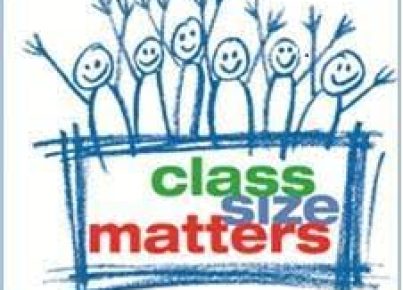Over the years, the education system has witnessed drastic changes in its methods and approaches. One of the most notable has been the continuous evolution of standards for student performance. Often, these standards are designed to challenge and motivate students to achieve their full potential. However, there is an undeniable concern about the manner in which these standards may be hampering the growth of students who are light-years below grade level.
The Struggle for Success
Many students who struggle academically might have a variety of reasons ranging from learning disabilities to external factors impacting their environment. It is crucial for educators and administrators to recognize that each child’s learning journey is unique, and one-size-fits-all solutions may not always work.
Accommodating Unique Learning Needs
Rather than solely focusing on meeting specific grade-level benchmarks, it is essential for the education system to incorporate more flexible policies that put emphasis on individual progress. By comparing a student’s current academic state to his or her past achievements, we can gain valuable insight into how well they are progressing in their studies.
Moreover, integrating personalized learning strategies such as Individualized Education Programs (IEPs) can significantly help in catering to the specific needs of each student. IEPs allow educators to set tailored goals and provide appropriate resources that address distinct challenges faced by students who are well below their grade level.
Collaborative Efforts for Holistic Growth
To truly support these students, parents, teachers, and school administrators need to work together in identifying areas where improvement may be required. Regular communication between all stakeholders involved can help highlight strengths, weaknesses, and possible solutions that could benefit the child’s development.
Inclusive environments where all children can thrive socially, emotionally, and academically should be emphasized. Peer mentoring programs can serve as a powerful tool in fostering a sense of belonging among students who face difficulties in their academic lives. Additionally, extracurricular activities and sports should be encouraged to help learners discover and excel in their areas of interest and passion.
Reassessing Standardized Testing
The education system has been heavily reliant on standardized tests, which can create immense pressure on struggling students. There is a rising need to reassess this approach and consider alternative methods to track academic progress that focus on the growth of each student, not just their scores on a standardized exam.
Final Thoughts
In conclusion, it is time for our educational system to adopt a broader perspective when it comes to setting standards for student performance. By acknowledging and addressing the diverse needs of students who are light-years below grade level, we can create more inclusive environments that enable all learners to reach their full potential. Collectively working towards this objective will result in a stronger, more compassionate society that values the development of every individual.





